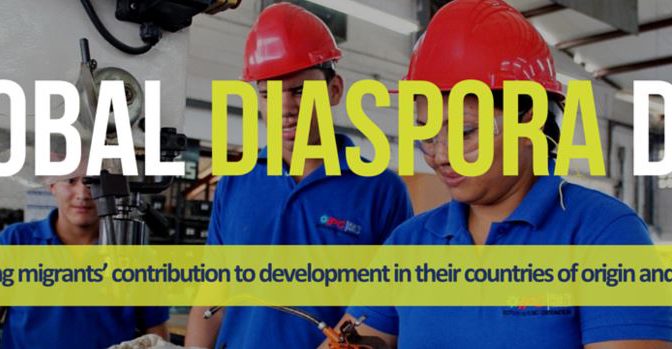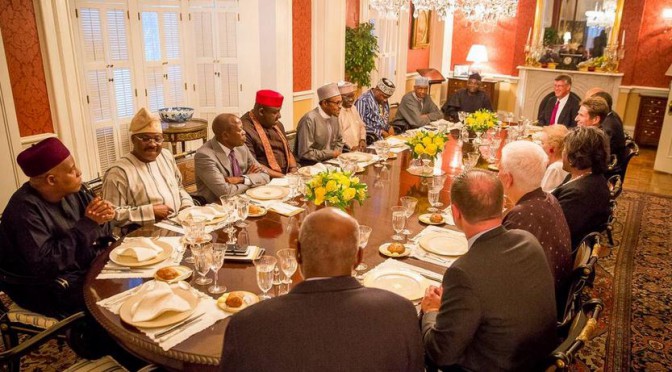People treat you differently if you don’t know the language. Condescendingly, as if you’re a child. An aunt from the Flemish side of the family once even said, “I keep forgetting you have a university degree” – Chika Unigwe
When two professional women settle into the sofa for a chat, it is expected to be deep. So it was between Femke van Zeijl and Chika Unigwe. Femke grew up in a Dutch village, some 40 kilometres away from Turnhout, the Belgian town where Chika migrated to in 1995. On her part, Chika grew up in Enugu, a town in eastern Nigeria. The irony is that in 2012, the migration turn fell on Femke who settled in Lagos. The purpose of the sofa talk between the two divas was to compare notes on their migration experiences. Thereafter here is Femke’s footnote on the conversation “I confess that Lagos’ noise sometimes makes me crave silence. Chika likes the liveliness she is used to from back home. She prefers to write in a crowded café and never goes looking for quietness. For a moment I find myself longing for half an hour of silence in her Turnhout street”
Femke van Zeijl: You describe migrating to Belgium as ‘losing your voice in small imperceptible ways’. What do you mean by that?
Chika Unigwe: It seemed I had to learn everything all over again. All etiquette and forms of politeness, as if I was a child again. I certainly made as many mistakes as a child. It started with my first breakfast at my in-law’s house. I was still in bed when I was sent for: everyone was at the table waiting for me. My Flemish family had breakfast together at the dinner table, and I was supposed to be present. Whereas I can’t remember we ever had dinner together at the table back home in Enugu. At our place, you ate when you were hungry. With your plate on your lap, wherever you wished.
Femke van Zeijl: I on the other hand always waited here in Lagos until everyone had food on their plates, as my parents taught me. But that would invariably lead to a Nigerian inquiring whether I did not like the food.
Chika Unigwe: You have the advantage of speaking a language many people in your new country understand. I did not speak Dutch at the time. That first year in Belgium was very hard for me. I do not like to be reminded of that period. People treat you differently if you don’t know the language. Condescendingly, as if you’re a child. An aunt from the Flemish side of the family once even said, “I keep forgetting you have a university degree”.
FZ: I notice that I get away with things because I am a stranger. Nigerians figure I don’t know all the customs and sensitivities, and so they are forgiving when I make a faux pas. Is that your experience as well?
CU: No, in that sense Africa and Europe are extremely different. In Belgium you are expected to integrate, preferably assimilate. To whisk away your own culture as much as possible. You are supposed to eat chips with mayonnaise, like a proper Belgian. People prefer to hear that you like that more than your own food from home. Then you are a successful migrant. When a European comes to Africa though, nobody expects of him that he will integrate or assimilate. On the contrary: the biggest African ghettos are the compounds where white people live. You are an exception, Femke. You want to get to know the people and are living amongst them.
FZ: Sounds like I am having an easier time in Lagos. When I have amala in a local buka, the whole neighbourhood gathers to come see the miracle. And the little advantages I undeservingly get thrown for being white… The other day the personnel of a bank wanted to have me cut a very long Friday afternoon queue to be helped first. I was so embarrassed.
CU: When a white person migrates to Africa, he is going from a position of power, to power. An African coming to Europe lands from power into powerlessness. We Africans cannot do much with our diplomas here. Once I had learned Dutch and went to the job centre, they offered me a position as a cleaning lady. And in the shop it happens regularly that someone follows me around to check that I am not stealing anything. In expensive boutiques I might not even get served. The sales personnel assume I cannot afford to buy anything anyway. Whereas a white person in Nigeria, even if he has no skills whatsoever, always gets opportunities. No Nigerian would dream of offering you a job as a cleaning lady.
FZ: How did you overcome your initial powerlessness?
CU: By learning the language. The more I mastered Dutch, the less lonely I felt. I became more self-assured, which yielded me more respect. Language makes you independent and gives you a voice. And with that voice you can even change people’s views, because a stranger teaches you to look at yourself in a different way. A while ago I was interviewed on Belgian radio about classical music. Back home we never listened to that, and the first remark of the presenter was ‘So you did not have a culture of music at home?’ So I asked her: ‘Do you know highlife music? No? Well, my father always listened to that, and would consider you a barbarian because you have never heard of it.’ She had never thought of it that way. There is no absolute standard for civilisation; it is different for each culture.
FZ: Does your integration into Flemish society resonate in your work?
CU: My first novel was staged in Turnhout, close to my new home. The second was about Nigerian women in Antwerp and in my third book I returned to Nigeria. By that time I had fully regained my voice. My new book that has just been published covers an entirely different matter: a former slave in the eighteenth century.
FZ: Nigeria has taught me to add ‘Sir’ and ‘Madam’ to my sentences. Forms of politeness are still much more observed here then in The Netherlands. Are there things your new country has taught you?
CU: When my husband’s uncle was on his deathbed, the entire family was called to come and say goodbye. Very beautiful. That would never happen in Nigeria. Even if you are ninety, everyone keeps praying for a miracle. Death is much less of a taboo in Belgium. I find that very pleasant.
FZ: You are one of the few people who didn’t consider me nuts when I decided to move to Nigeria.
CU: Lagos is not an easy place to live in. When you told me you wanted to live there, I thought you were brave. But then again, that is what my sister said of me when I moved to Belgium with my husband nineteen years ago. We both followed our dreams. There are many too afraid to do that. Migrating is an act of courage.
hThe power is cut on my side, and all around my two-bedroom apartment generators start rumbling. I confess to Chika that Lagos’ noise sometimes makes me crave silence. She laughs. Chika likes the liveliness she is used to from back home. She prefers to write in a crowded café and never goes looking for quietness. For a moment I find myself longing for half an hour of silence in her Turnhout street.
**********************************************
Chika Unigwe grew up in Enugu, a town in eastern Nigeria. There she met her Belgian husband, with whom she migrated in 1995. Her fourth novel, The Black Messiah, was recently published in Dutch. For her second book, On Black Sister’s Street, she received The Nigeria Prize for Literature. Chika lived with her husband and four sons in the Flemish town of Turnhout but has recently made another big move as she and her family migrated to the US.
Femke van Zeijl grew up in Berkel-Enschot, a village in the Dutch South about forty kilometres away from Turnhout. For the past eleven years she has traveled sub-Saharan Africa as a freelance journalist. She has written two books based on her reporting. The second, Gin-Tonic & Cholera, is about urban life in Africa. In 2012 she settled as a freelance correspondent for Dutch media in Lagos, a city that is estimated to have more inhabitants than her country of birth.
source: Brittle Paper article “Strangers in Each Other’s Countries: A Discussion with Chika Unigwe” by Femke van Zeijl



